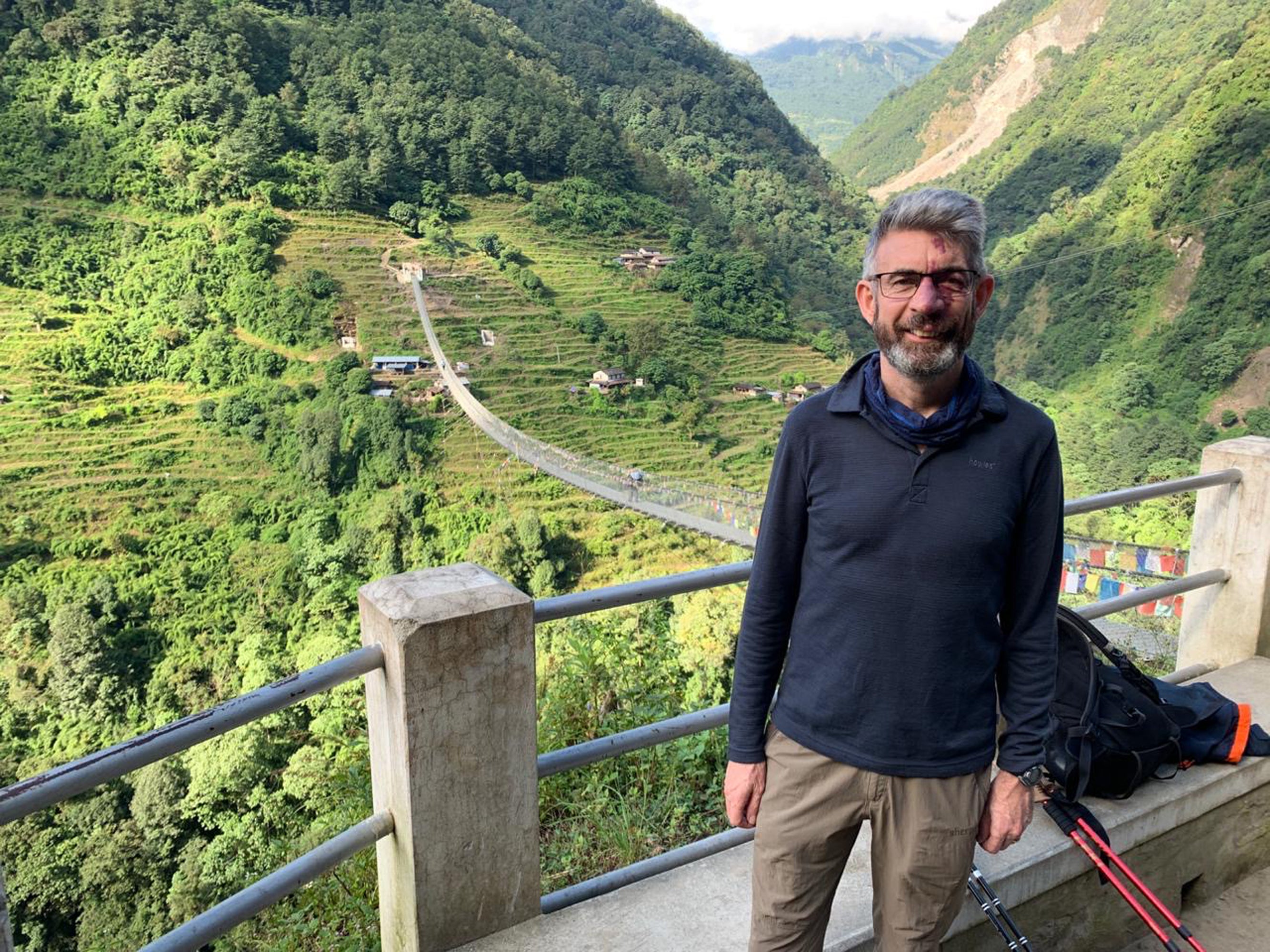Diplomat suffering ‘extreme stress’ took own life – inquest
Former ambassador to Nepal Richard Morris was last seen running near his home in Hampshire on May 6 2020 and his body was found three months later.

Your support helps us to tell the story
From reproductive rights to climate change to Big Tech, The Independent is on the ground when the story is developing. Whether it's investigating the financials of Elon Musk's pro-Trump PAC or producing our latest documentary, 'The A Word', which shines a light on the American women fighting for reproductive rights, we know how important it is to parse out the facts from the messaging.
At such a critical moment in US history, we need reporters on the ground. Your donation allows us to keep sending journalists to speak to both sides of the story.
The Independent is trusted by Americans across the entire political spectrum. And unlike many other quality news outlets, we choose not to lock Americans out of our reporting and analysis with paywalls. We believe quality journalism should be available to everyone, paid for by those who can afford it.
Your support makes all the difference.A diplomat who vanished from his home after suffering “extreme stress” while working for the Government’s Covid taskforce took his own life, an inquest has found.
Former ambassador to Nepal Richard Morris was last seen running near his home in Hampshire on May 6 2020, and his body was found three months later.
An inquest into his death in Winchester heard that he had worked long hours under high pressure, helping co-ordinate briefings to ministers at a time when the UK was battling the fierce first wave of coronavirus.
This assignment to the taskforce came after he was put on the team looking at the case of Harry Dunn, the 19-year-old killed when a car crashed into his motorbike outside RAF Croughton in Northamptonshire which sparked a diplomatic incident.
On Tuesday, a coroner concluded that Mr Morris had taken his own life after suffering stress working for the Foreign, Commonwealth & Development Office (FCDO) and amid worries about his future.
Senior coroner Christopher Wilkinson said: “Richard Morris took his own life while suffering severe and acute stress.
“I recognise the very difficult circumstances in which Richard, the wider taskforce and the FCDO were working in at the time against the backdrop of a very fast-moving pandemic”, he added.
He described the taskforce in the early days of the coronavirus crisis as “much like a plane being flown at the same time as building it”.
Mr Wilkinson mentioned Mr Morris’ history of stress and worries about performing to the best of his ability.
Previously at the inquest, his widow Alison Morris said her husband feared there was not enough time to process information in the fast-moving period and if any information error got past him the Government “would be torn apart in the press”.
As a result he was “desperate” to keep on top of what was going on, working every day with “no real time off”, she said.
She said her husband was a “quiet extrovert” who “thrived on interactions with others”.
“He was genuinely interested in people.
“His kindness and compassion shone through even when there was a language barrier.”
– Help can be found by calling the Samaritans free of charge at any time, on 116 123 or by email at jo@samaritans.org or visit Samaritans.org.